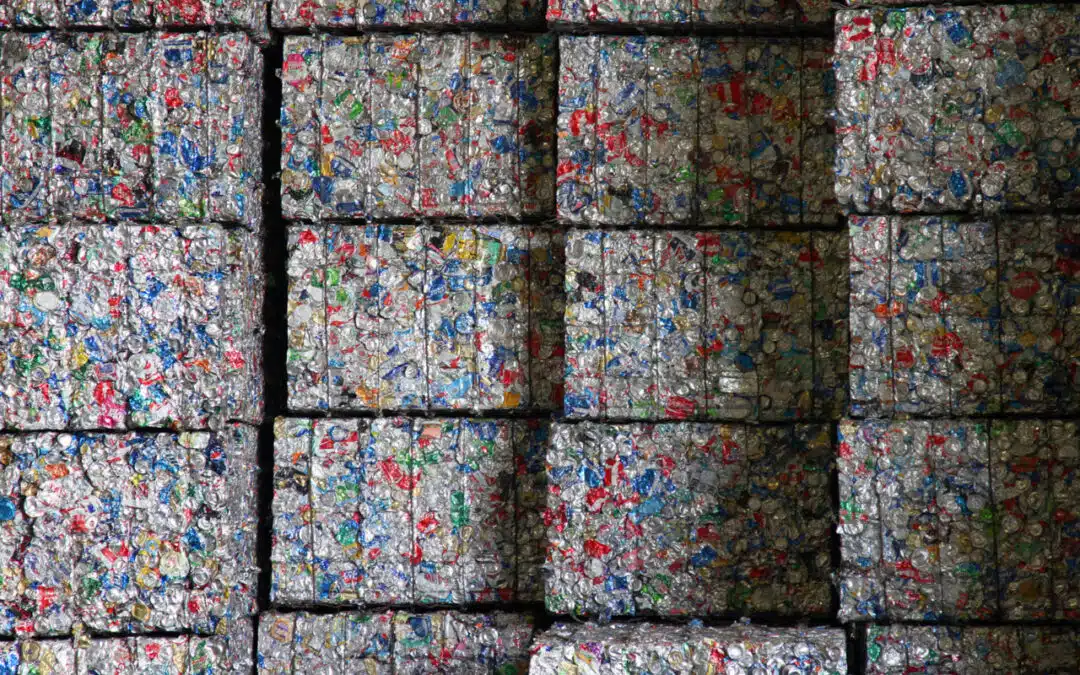If you can cast your mind back to when you were young, you may remember your grandmother’s drawer with the endless supply of twist ties or the rubber band ball that was kept to the side “just in case”, or maybe you had a “hand me down” dress or bike, or that neighbor who seemed to have whatever part you needed tucked away in his garage. My memory is my mother’s compost pile for her garden. Nothing went to waste. When you stop to think about it, everybody has a story of someone who knew how to reduce, reuse and recycle. Recycling isn’t something new, it’s been with us since time began. So, why has recycling become so hard for people to understand? What’s the problem?
Well … it goes something like this
Like the sanitary sewer system, electricity, and water, solid waste management is an essential part of the community infrastructure. As with any of these services, if part of the system malfunctions, the consequences can have a costly and long-term effect. Problems with the amount of trash in recycling has caused a serious (and very costly) system malfunction. The consequences for communities are higher prices for recycling disposal, business closures, job losses, and jurisdictions suspending recycling programs sending valuable materials to landfills.
Recycling is a commodity just like soy beans or wheat, and is traded in a global market. The value of commodities such as plastic, aluminum and cardboard rise and fall based on demand. China has always been the biggest buyer of recycling materials from the United States purchasing, on average, over $6 billion annually of materials for use as feedstock in manufacturing. In January 2018, China imposed a ban on the import of recyclable materials due to the volume of “contamination.” More than a quarter of all the material that they paid for was actually trash and not recyclable at all. Imagine going to the grocery store and buying a bag of potatoes – and then finding out that a quarter of the bag was rotten. Imagine if you just paid $6 billion for it? You wouldn’t go back for more.
Business recycling can lead the way
Businesses within the City of Manassas have also felt the impact of the problem with recycling and recycling markets. According to the Institute of Scrap Recycling Industries (ISRI), the recycling industry contributes over $55 million to the City of Manassas economy. But there is something that we can do to support and sustain our local recycling businesses and the many organizations that benefit from using recyclable materials. Commercial recycling has a far lower rate of contamination and can supply local businesses and organizations with the the materials that they need.
Right now, there are still businesses that don’t recycle because they don’t see the benefit in it for them. When you recycle more, you throw away less garbage, which means that you’re in a better position to control costs as trash fees increase. Having a firm grasp of your waste and recycling fees allows for better overall business management. Recovering the value of materials through recycling creates jobs and supports our city’s economy.
The environmental benefits of recycling can also be found at every stage of a consumer product’s lifecycle – from the mining of raw materials through use and final disposal. Redirecting the recyclables from your waste stream can provide raw materials for industry, save energy, and conserve valuable natural resources.
What can you recycle?
- Paper, Cardboard, Metal Containers, Plastics #1, #2, and #5
- Yard and leaf waste: Leaves, lawn clippings, plant and tree debris, etc.
- Waste cooking oil
- Plastic bags: Plastic shopping bags
- Wood: Pallets, crates, other scrap wood
- Metal: Scrap metal (ferrous and/or nonferrous metal)
- Universal waste
- Electronic Waste
- Furniture and surplus equipment
- Clothing
- Edible and unopened packaged foods
- Food waste (coming soon!)
- Construction and Demolition (C&D) Debris: Drywall, wood, brick, block, stone, asphalt, rubble, carpet and padding, ceiling tiles, metal, etc.
All of these items can be reused or recycled locally. Some can even be sold for profit. Consider what your business stands to gain by recycling just a few things on the list.
For more information of what your business can do with your recyclable materials, please contact Monica Boehringer, City of Manassas Refuse and Recycling Coordinator on (703) 257-8256 or mboehringer@manassasva.gov.
###
SIDEBAR:
The problem with glass
The issues with China have firmly established the need for the development of domestic markets for recyclable materials and glass recycling provides a perfect example of an opportunity that could benefit Virginia and an enterprising entrepreneur.
Glass has been one of the most difficult materials to recycle in Virginia. Owens Illinois (O-I) uses over 1 billion pounds of curbside consumer containers and pre-consumer recycled glass annually for their manufacturing process. Although O-I has two large facilities in Virginia, in Danville and Toano, they must get their recycled glass from Tennessee and Pennsylvania. The reason is that there are no beneficiation facilities to clean and sort the glass that Virginia generates. The Virginia Department of Environmental Quality reported that less than one percent glass was recycled in 2017. The glass that we could be selling to large manufacturers like O-I, is going straight to landfill.
Virginia needs a solution to recycling glass – and the potential is mind-blowing.

